
Dr Oliver Witard PhD AFHEA
Reader in Exercise Metabolism & Nutrition
Research interests
- Nutrition
Biography
I am a Reader in Exercise Metabolism and Nutrition in the Faculty of Life Sciences and Medicine. My multi-disciplinary research spans two research groups within King’s: (i) Muscle: Form and Function in the Centre for Human & Applied Physiological Sciences, and (ii) Diet and Cardiometabolic Health in the Department of Nutrition. I am also Deputy Programme Director for the undergraduate programme in Sport and Exercise Medical Sciences.
I have a BSc (First class, Hons) in Sport and Exercise Science, MSc in Exercise Physiology and PhD entitled ‘Response of Muscle Protein Turnover to Exercise and Nutrition’ supervised by Professors Kevin Tipton and Asker Jeukendrup at The University of Birmingham. My post-doctoral work (University of Birmingham) was funded by GlaxoSmithKline and investigated ‘The Maximal Effective Dose of Whey Protein for Stimulating Muscle Protein Synthesis in Young Men’. I was a Lecturer and Senior Lecturer at The University of Stirling before joining King’s in 2019.
I am a board member of The Nutrition Society and an elected member of the Royal Society of Edinburgh Young Academy of Scotland. I helped develop the International Association of Athletics Federations (IAAF) consensus statement 2019 on Nutrition for Athletes. In 2011, I was the recipient of the Young Investigator of the Year (First prize) at the European College of Sports Sciences (ECSS) and was nominated for the Rank Prize in Sport Nutrition.
Research Interests
My research focus is healthy ageing. I am interested in understanding the physiology that underpins why we lose muscle mass and quality with age. My research also explores the role of exercise and novel nutritional interventions – primarily protein nutrition – to offset age-related perturbations in muscle metabolism. I have extensive expertise in stable isotopic tracer methodology for measuring in vivo muscle protein turnover in humans. I also apply these techniques to athletic populations to optimise training adaptations, body composition and performance.
Research
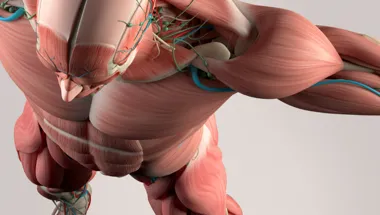
Muscle: Form and Function
The Muscle: Form and Function group is made up of biomedical scientists and physiologists whose research programmes range from cell and molecular biology and physiology to whole-body systems and integrative physiology
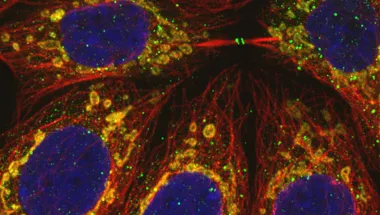
Lipids and Membranes Research Interest Group
A Lipids and Membranes Research Interest Group
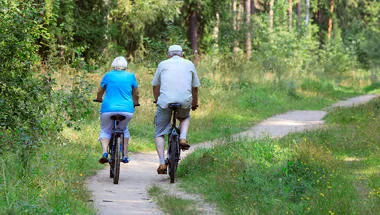
Centre for Ageing Resilience In a Changing Environment - CARICE
Welcome to the Centre for Ageing Resilience in a Changing Environment: CARICE

Ageing Research at King's (ARK)
Cross faculty consortium addressing ageing and healthy longevity.

Protein, body composition and physical function
Protein, body composition and physical function

Safe and sustainable diets for a healthy body and mind (SSuDs)
This Research Interest Group on Safe and Sustainable Diets for a Healthy Body And Mind provides a unique opportunity for the King’s research community to address the challenges of safe and sustainable diets across a range of health outcomes
News
King's academics present their research at healthy ageing events in China
Researchers from King’s College London recently attended two events in China that shared insights into international strategies to promote healthy ageing and...

BCAA supplements not most effective type of supplements for stimulating muscle growth
New research suggests that BCAA supplements aren’t as effective as supplements with all nine essential amino acids in stimulating muscle growth for athletes,...
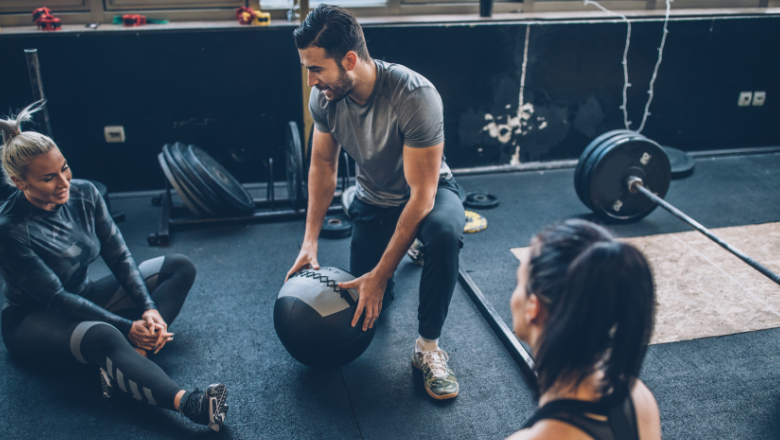
Connecting Science and Performance: Fuelling for Athletes
On Wednesday 13 November, King’s joined forces with Herne Hill Harriers (HHH) to host an evening of lectures, Q and A panel and networking on the topic of...

5 minutes with Olly Witard
Olly Witard recently joined King’s as a Senior Lecture in Exercise Metabolism and Nutrition in the Centre for Human & Applied Physiological Sciences. His...

Features
Why do we lose muscle mass as we age and what can we do to mitigate this?
Dr Oliver Witard is a Reader in Nutrition and Exercise Metabolism. A major strand of his research is exploring the effects of ageing on our muscles – in other...

Protein nutrition, healthy ageing and climate change: how do we combine the three?
How do dietary protein choices impact both our muscle physiology and the natural environment?
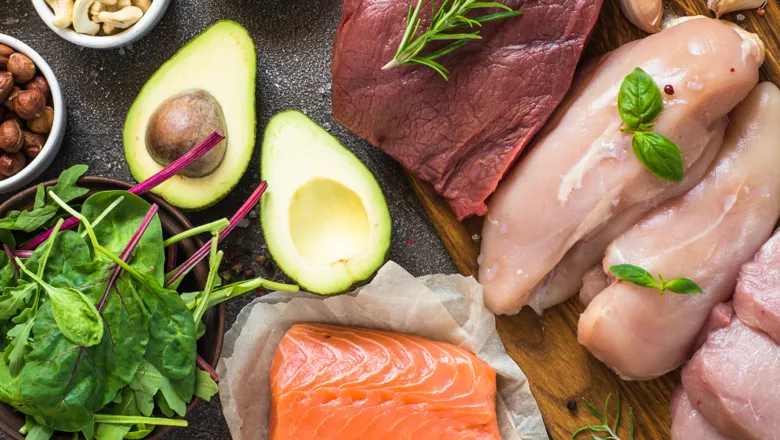
Research

Muscle: Form and Function
The Muscle: Form and Function group is made up of biomedical scientists and physiologists whose research programmes range from cell and molecular biology and physiology to whole-body systems and integrative physiology

Lipids and Membranes Research Interest Group
A Lipids and Membranes Research Interest Group

Centre for Ageing Resilience In a Changing Environment - CARICE
Welcome to the Centre for Ageing Resilience in a Changing Environment: CARICE

Ageing Research at King's (ARK)
Cross faculty consortium addressing ageing and healthy longevity.

Protein, body composition and physical function
Protein, body composition and physical function

Safe and sustainable diets for a healthy body and mind (SSuDs)
This Research Interest Group on Safe and Sustainable Diets for a Healthy Body And Mind provides a unique opportunity for the King’s research community to address the challenges of safe and sustainable diets across a range of health outcomes
News
King's academics present their research at healthy ageing events in China
Researchers from King’s College London recently attended two events in China that shared insights into international strategies to promote healthy ageing and...

BCAA supplements not most effective type of supplements for stimulating muscle growth
New research suggests that BCAA supplements aren’t as effective as supplements with all nine essential amino acids in stimulating muscle growth for athletes,...

Connecting Science and Performance: Fuelling for Athletes
On Wednesday 13 November, King’s joined forces with Herne Hill Harriers (HHH) to host an evening of lectures, Q and A panel and networking on the topic of...

5 minutes with Olly Witard
Olly Witard recently joined King’s as a Senior Lecture in Exercise Metabolism and Nutrition in the Centre for Human & Applied Physiological Sciences. His...

Features
Why do we lose muscle mass as we age and what can we do to mitigate this?
Dr Oliver Witard is a Reader in Nutrition and Exercise Metabolism. A major strand of his research is exploring the effects of ageing on our muscles – in other...

Protein nutrition, healthy ageing and climate change: how do we combine the three?
How do dietary protein choices impact both our muscle physiology and the natural environment?

